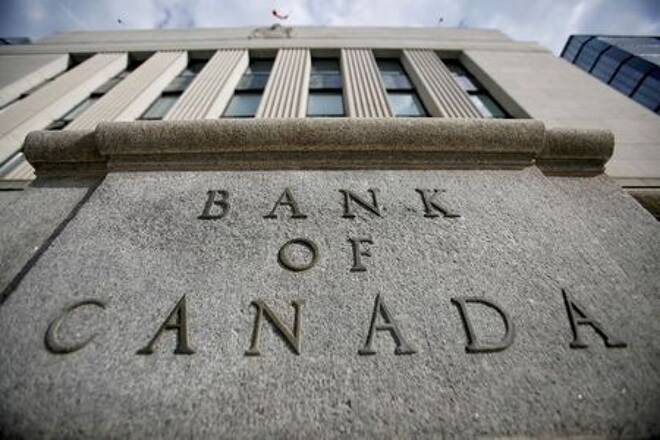Advertisement
Advertisement
Bank of Canada and MIT Announce Joint CBDC Collaboration
By:
The Canadian central bank will be working with the Massachusetts Institute of Technology on a year-long research project on a central bank digital currency.
Key Insights:
- The research project will go on for a year before findings are reported.
- Canada has no plans to launch a CBDC just yet.
- The United States is falling behind due to policymakers’ divisions on crypto.
In an announcement on March 16, the Bank of Canada stated that it had agreed to collaborate on a year-long research project on a CBDC.
The bank will work closely with MIT Media Lab’s Digital Currency Initiative team to explore distributed ledger technology and how it would impact the potential design of a CBDC. It will build on the existing research carried out by the research lab.
The announcement added that the Bank of Canada is already conducting more comprehensive research and development on digital currencies and fintech.
No CBDC Just Yet
The central bank added that it would provide an update on the findings and outcomes at the end of the project period. However, the announcement also stated that:
“No decision has been made on whether to introduce a CBDC in Canada.”
In February, the bank announced that it was researching potential system designs and business models for a digital currency.
The currency would be widely accessible like a banknote, secure, and pegged to the Canadian dollar (CAD). At the time, it confirmed that there were no plans to issue a CBDC, adding:
“The proposed designs are therefore not intended to be adopted by the Bank. Rather, the Bank will use these reports to inform its thinking and advance public conversation on a central bank digital currency design.”
Canada is the latest country to join the CBDC race though citizens are unlikely to see any such currency soon. The United States has also made moves to research a CBDC as it was heavily referenced in the Biden Administration’s executive order last week.
Industry observers noted that the order was “heavy on CBDCs” but did not reference decentralization or Bitcoin (BTC).
Uncle Sam Falling Behind
The U.S. is unlikely to launch a CBDC any time soon either. There is too much political infighting between lawmakers for and against cryptocurrencies.
On one side, the crypto detractors such as Elizabeth Warren still think that they are for terrorists and scammers. While on the other side of the digital divide are more progressive policymakers such as Ritchie Torres, who said,
“There’s more to crypto than ransomware, just like there’s more to money than money laundering.”
About the Author
Martin Youngauthor
Martin has been covering the latest developments in the blockchain and digital asset industry since 2017 when he made his first investment. He has previous trading experience and has worked extensively in IT over the past 2 decades.
Advertisement
